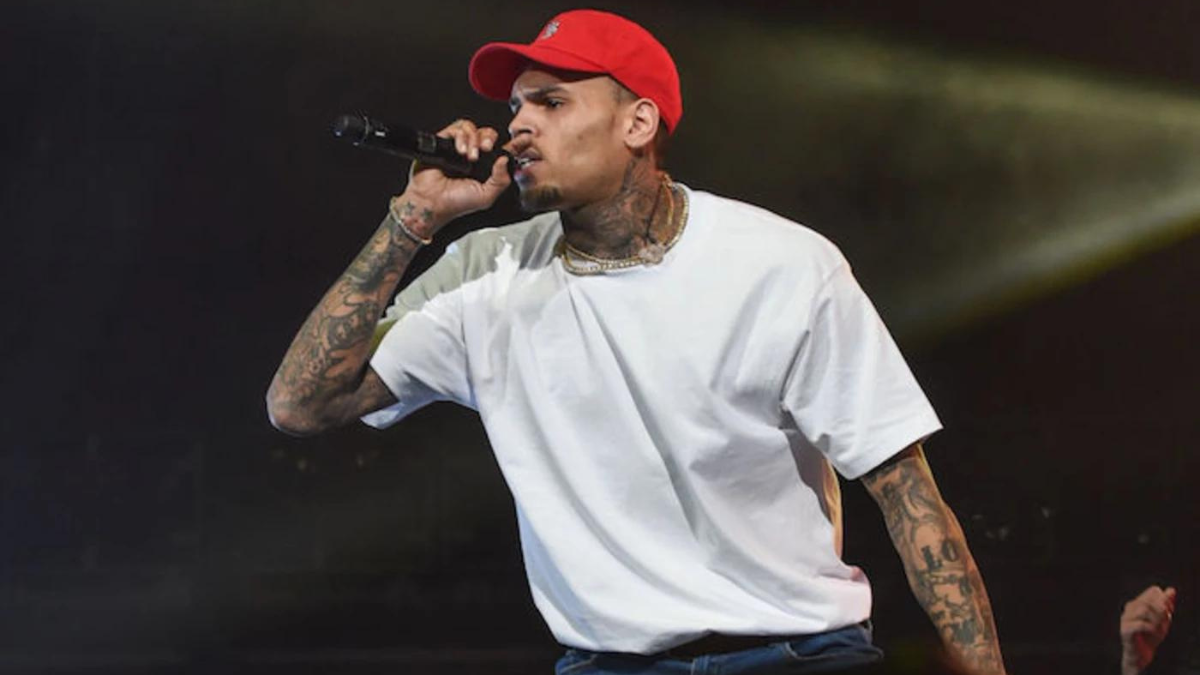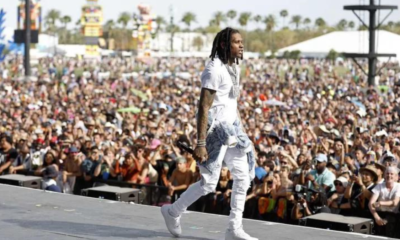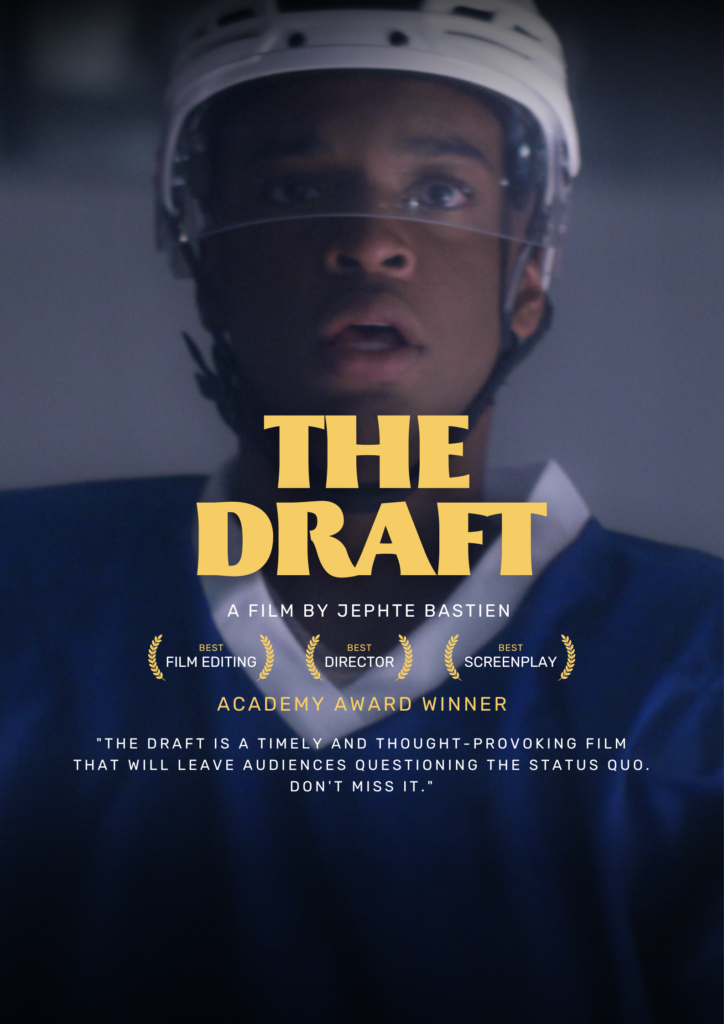1. How important are vocal warm-ups and why?
Warm-ups are almost more important than vocal technique practice. It is vital to ensure we are getting the vocal ligaments and the intrinsic vocal muscles ready to do the job required during singing. When we talk we only use a limited range of pitches (around a major third or so) but when we sing we may use over two octaves. By warming up we are getting the different layers of the vocal folds ready to work at the higher frequencies required for singing. It is also important to get the larynx and the articulatory muscles ready to deal with singing lyrics. If we don’t get the voice ready and warmed up then we are running the risk of inducing vocal fatigue and ultimately misuse which could lead to vocal pathologies such as vocal fold oedema (swelling), nodules or polyps.
2. How important is vocal technique and why?
The reality is that there are many contemporary commercial singers with a successful career who do not have vocal technique to back their art or the vocal workload experienced as a touring singing/artist. It may be possible to get away with poor vocal technique in the short term or the studio setting, where it is possible to record as many tracks as necessary to get a good take. But when one is performing, live and touring, poor technique will eventually have a negative compound effect on the vocal folds, which increases the risk of injury. Having a well structured technical regime not only helps the singer to build range, stamina, strength and vocal control but will also help to readdress any imbalances acquired during the performance. Understanding how the voice works technically will help the singer to make the right choices when it comes to repertoire, vocal style, use of range or singing with a tired or sick voice.
When it comes to the creative side technique will ensure that the artist can realise their creative vision, to sing unhampered by limitations of vocal range, the ability to transition easily between registers, breath management, vocal tone, the ability to sustain long notes, vocal qualities and dynamic control.
3. What physical and mental effects can touring have on an artist? How can this contribute to vocal health problems?
Touring artists experience a wide range of issues including physical and vocal fatigue, mental boredom, poor health, disruption to dietary and daily routines, feelings of isolation from friends and family. Whether they are travelling in a band van, tour bus or flying, most artists suffer from disruption in sleep, daily routine, dietary habits etc. When there is a group of people travelling together in close proximity there is also an increase in risk for communicable illnesses such as colds and cases of flu. Flying may cause dehydration and vocal fold swelling due to an increase in atmospheric pressure. This may cause the voice to be husky or hoarse and limit the singer’s ability to access their upper/lower ranges. Environmental conditions such as air-conditioning, heating, humidity, dryness, altitude and cold temperatures will also impact the singer’s physical, mental and vocal health. In addition, if they are crossing time-lines then jet-lag will contribute by reducing physical and mental function. Being tired, stressed, rundown or dehydrated will impact the vocal fold’s ability to function optimally resulting in loss of range, tonal quality and sustainability.
4. Are vocal health problems more common today? Or do you think artists are more open about their health as it is mediated in the press more?
I think it is a combination of instant media and the kind of pressure, vocally and physically the current day artist is under. Pressure to ensure they sell their music and make money for their label etc. This means that they tour heavily and they are obliged to do a heavy load of publicity and networking, in turn, their voice does not get as much rest as it needs to do its job on stage night after night. Depending on the label/management tours may be more intensive with more performances packed in over a shorter period. Some labels have a policy of not allowing their artist to do more than three shows in a row, but not all artists are well looked after in this way. In the past, it would have been viewed more negatively by the public/fans if they knew that the artist was having vocal problems. Today people seem to think it’s par for the course as there is so much in the media about singers who have to cancel tours and gigs due to voice problems.
5. If there is no option to cancel a show a steroid injection may be required. What are the effects of this? Is it only temporary? Can it do more harm than good?
Steroid injections can be very effective in the short-term to help a performer get through a show. When a major artist cancels it means the loss of millions of dollars. So the management tries hard to prevent this from occurring. One-off steroid injections do not commonly have long-term medical side-effects. It only becomes problematic when this becomes a regular dose. Having an injection does carry a risk of injury if it is not done safely and accurately. High or prolonged doses of steroids (injections or tablets) will impact the body systemically e.g. excess fat distributed weirdly, prone to infections, and a risk of injury to the vocal folds such as nodules, haemorrhage or laryngitis.
Given appropriately and safely a steroid injection can save the day.
6. Are there any other ‘quick fix’ medicines that are used on tour? What are the effects?
I can’t think of any. I imagine any kind of analgesia that helps with pain might be used in some cases. Depending on the type of the analgesia will depend on the side effects. Obviously, narcotics run the risk of dependency and poor motor control. Some of the more common over the counter types such as paracetamol and codeine can cause constipation if taken regularly. Salicylates (e.g. aspirin) act as blood thinners and are not recommended for singers as a possible side-effect could be vocal fold haemorrhage.
7. Is it necessary to have surgery or will the body fight back if it’s allowed complete vocal rest?
Surgery depends on the type and severity of the vocal pathology as well as the time constraints of the artist. If there is pressure for the artist to get out and work e.g major tour, imminent album launch or significant performance then the powers that be are more likely to opt for surgery. If the artist/singer is not under such pressure or can’t afford surgery then alternative options may be considered at first.
- These days vocal nodules are generally treated with therapy and vocal technique if they are in the pre-nodular or soft stages. Some surgeons will treat hard nodules with surgery, though I have seen cases where nodules have not been surgically removed and the singer had successful rehabilitation through voice therapy and correction of poor vocal technique.
- Vocal polyps and severe haemorrhages, cysts and granulomas generally require surgical intervention. The singer is then on vocal rest for 2-3 weeks.
- Vocal oedema requires rest and addressing the cause.
- Infections and laryngitis do not require surgery.
It very much depends also on the doctor i.e. their training and experience. An ENT surgeon or ENT/laryngologist who works with singers a lot will tend to only do surgery if necessary, and there is no response to voice therapy and/or addressing the cause.
Vocal rest will help in many instances but the problem may re-occur if the cause is not addressed. Many common voice issues in singers can be dealt with through rest, rehydration, good vocal technique and a balanced healthy diet.
8. Do you think audiences have higher expectations when going to watch an artist perform? ie: Pitch, physically performing.
With the use of auto-tuning in the studio, audiences have come to expect a singer to sing perfectly. This is compounded by the impact of music videos and the use of lip-syncing, as well as the use of auto-tuning in the live setting. Having said that the general listening audience is not always focusing on things such as pitch or even lyrics, for them, it’s the experience of the live performance.
9. What is your advice for a singer going on tour?
Where possible sleep – cat naps are as useful to the body as whole night sleeps, ensure you are getting 1.5 to 2 L of water a day, take dietary supplements, avoid respiratory infections like the plague. Take your own pillow on tour, healthy snacks, eyeshades, earplugs, nebulizer with normal saline, throat massager and most importantly straws so you can do regular straw therapy.
Don’t expect your voice to be able to work optimally if you don’t look after it, excessive talking, alcohol, smoking, drugs, poor diet and late nights will prevent your voice from working to its best.
At the end of the day, this is your job and what your audience is paying for. You are the equivalent of a vocal athlete. Follow these tips:
- maintain a regular and personalised vocal exercise regime
- do warm-ups and downs before/after a performance
- if possible change repertoire, vocal range and performance energy to accommodate the days when you or your voice are fatigued
- check in regularly with a vocal coach who understands how to keep you vocally fit and healthy
- do physical exercise to ensure your body is supporting your voice.
- Keep well hydrated
- Maintain a healthy and balanced diet with supplements to boost your immune system
- sleep whenever possible
- avoid sick people!
READ MORE: https://linehilton.com/touring-and-the-singer/


 Business3 years ago
Business3 years ago
 Business2 years ago
Business2 years ago
 Business2 years ago
Business2 years ago
 Business3 years ago
Business3 years ago
 Business3 years ago
Business3 years ago
 Business3 years ago
Business3 years ago
 Business3 years ago
Business3 years ago
 Business3 years ago
Business3 years ago






































